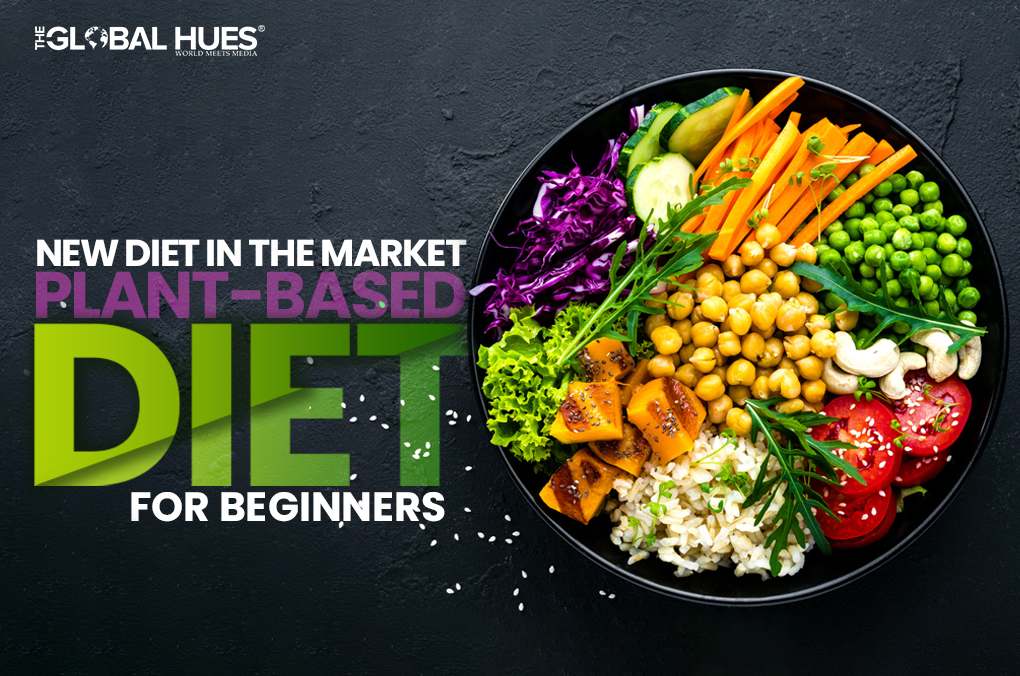Are you interested in shedding some weight? There’s a new diet plan centred around plant-based foods. If you aren’t familiar with it, then don’t worry! We’ll help you understand the basics of plant-based diets. A plant-based diet primarily involves consuming unprocessed fruits, vegetables, whole grains, legumes, nuts, seeds, herbs, and spices. It excludes any animal-derived products like beef, poultry, fish, eggs, and dairy. When following a plant-based diet, you might wonder, “What should I eat?” Well, let’s look into that.
- Legumes (chickpeas, lentils, beans, peas) – provide plant and amino acids.
- Leafy green vegetables – for calcium and other nutrients
- Nuts and seeds– provide healthy fats
- Whole grains– offer essential amino acids and zinc
- Fruit and Veggies– To get a mix of vitamins, minerals, and phytonutrients
According to some nutritionists and health experts, no matter what diet you follow, what matters most is the quality of the food you eat. Studies suggest that the more people avoid meat, the more ultra-processed food they eat. Here is a sample menu of what a plant-based diet looks like.
Sample Menu
- Breakfast- Chocolate Banana Protein Smoothie
- Morning Snack- 1 small apple and one tablespoon of almond butter
- Lunch- Roasted Veggie and Tofu Brown Rice Bowl
- Afternoon Snack- 2 tablespoons hummus and one cup chopped veggies
- Dinner- One Pot Tomato Basil Pasta and side salad
- Evening- No Bake Vegan Date Brownies
Pros And Cons Of Plant-Based Diet

Now you have seen the sample menu of a plant-based diet, let us look into the pros and cons of following this diet.
Pros Of Plant-Based Diet
-
Helps You Lose Weight
The plant-based diet is associated with greater gut microbiota diversity, reduced calorie density, and reduced cholesterol intake. All of these help promote weight loss and help gain healthier body weight. Eating fruits and vegetables keeps your calorie and fat consumption down. The dietary fibre in the diet aids in digestion and regulates metabolism.
-
Improves Insulin Resistance
Consumption of red meat and poultry increases the risk of diabetes. A low-fat, plant-based diet with minimal animal products increases insulin sensitivity and reduces insulin resistance. The plant-based diet also helps prevent type-2 diabetes and pre-diabetes.
-
Reduces Blood Pressure
The high antioxidant content in the plant-based diet lowers sodium and increases potassium. The diet reduces oxidative stress and helps reduce blood pressure.
-
Less Restrictive
The plant-based diet doesn’t have limits on the food one can have. Since the diet is less restrictive, one can follow it in the long haul. Many plant-based food options are more readily available in the market. But keep in mind that fruits and vegetables can perish quickly.
Cons Of Plant-Based Diet
-
Potential Nutrient Deficiencies
The people who follow vegetarian, vegan, and plant-based diets must ensure they meet all their protein requirements. One should have enough protein, calcium, iron, and Vitamin B12 in the diet. Dairy products are an excellent source of calcium and vitamin D. You can also have high-vitamin D foods like mushrooms and leafy vegetables.
Also Read: Foods To Boost Your Metabolism
-
Takes Much Planning
To meet all the nutrient requirements in the plant-based diet, you have to spend time planning your snacks and meals. Meal planning can be time-consuming and tedious. It is one of the reasons why most people don’t follow the diet.
Summing Up
Plant-based diets revolve around the consumption of minimally processed foods such as vegetables, fruits, legumes, whole grains, seeds, and nuts. However, it’s important to note that this diet comes with its own set of advantages and disadvantages. Thus, careful consideration is advisable before committing to it.




